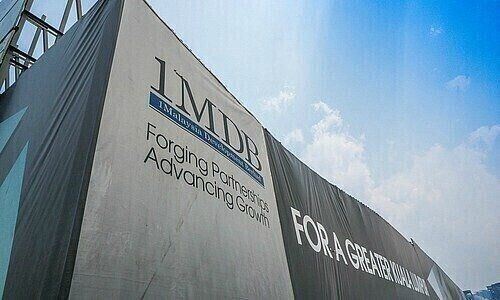Ex-BSI Banker: Tim Leissner Dismissed Due Diligence Questions
A former BSI banker took the stand in the 1MDB trial of Roger Ng, claiming that he had raised questions about unusual payments to a shell company that were dismissed by Tim Leissner who said that due diligence was «not Goldman’s responsibility».
Ex-BSI banker Kevin Swampillai told the jury in the Brooklyn federal court that ex-Goldman banker Tim Leissner had dismissed questions about why fees were not directly paid to the Abu Dhabi-owned Aabar Investments PJS fund – the guarantor of two of the three 1MDB bond deals – but were instead sent to an offshore shell company.
«You have a Middle East sovereign wealth fund that is about to enter into a transaction, but in this case, it involved a shell company in the British Virgin Islands – that was highly unusual,» according to a «Bloomberg» report citing Swampillai, adding that alleged mastermind Jho Low had brought business to BSI and asked to do a joint venture between Aabar and the new shell company.
«Not Goldman’s Responsibility».
Before the first 1MDB bond transaction closed in May 2012, Swampillai said BSI had invited Leissner and Roger Ng to a meeting in April 2012 at a private dining room in Singapore to address concerns about why the supposed fees for Aabar were going to the offshore company.
While BSI bankers expected a presentation from Goldman Sachs, Leissner unexpectedly said he could only stay for 20 minutes to catch a flight and instead raised questions of his own on the issues.
«[Leissner] basically dismissed those questions we raised,» Swampillai testified. «He basically said, ‘due diligence is not Goldman’s responsibility – it’s BSI’s responsibility to conduct its own due diligence.'»
Endorsement by Silence
Prosecutors could argue that Ng’s silent presence could represent an endorsement of Leissner’s attempts to deceive BSI.
According to Swampillai, Ng stayed behind after Leissner left. Ng didn’t speak to Swampillai before the ex-BSI banker also left.
Separately, Swampillai also told the jurors he was engaged in an unrelated 1MDB-linked fraud and that Singaporean authorities had permanently banned him from the industry without being criminally prosecuted.

















